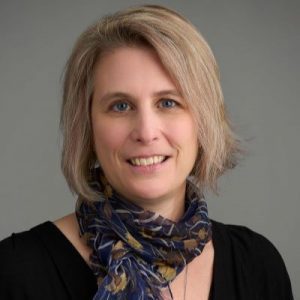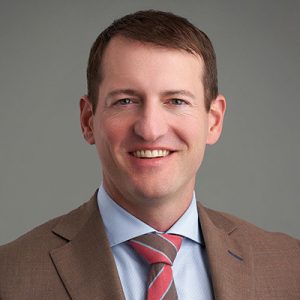The Division of MIS, Foregut and Bariatric Surgery at the Department of Surgery within the University of Wisconsin School of Medicine and Public Health offers a one-year Clinical Fellowship in advanced gastrointestinal and minimally invasive surgery. This fellowship is fully accredited by the Fellowship Council.
The division has eight full-time faculty members that have extensive clinical and research expertise in gastrointestinal and advanced laparoscopic surgery including minimally invasive techniques to diagnose and treat esophageal and gastric diseases (esophageal and gastric cancer, esophageal achalasia, GERD, Barrett’s Esophagus, hiatal and para-esophageal hernias, gastroparesis, esophageal motility disorders, among others) as well advanced bariatric surgery and extensive exposure to complex abdominal wall hernia surgery.
The fellow will be able to scrub in a large number and a variety of cases including:
- All techniques in minimally invasive bariatric surgery including laparoscopic gastric bypass, sleeve gastrectomy, banding, laparoscopic revisions, conversions and reversals;
- Minimally invasive surgery and therapeutic endoscopy for esophageal and gastric diseases, including laparoscopic gastrectomies, laparoscopic para-esophageal hernia repair repairs, Heller myotomies, other gastric and small bowel resections, gastric pacemaker, laparoscopic LINX procedure, laparoscopic anti-reflux repairs, POEM, endoscopic fundoplication and esophageal stenting, and endoscopic dilations.
- A comprehensive program in abdominal wall surgery including robotic, laparoscopic, and open approaches to inguinal and ventral/incisional hernias. The fellow will also get a significant amount of exposure to abdominal wall reconstruction, incorporating component separations, for repair of complex abdominal wall defects.
Though the fellowship will focus in foregut, bariatric and MIS, opportunities will be available for scrubbing in selected MIS endocrine and colon and rectal cases.
The fellow will have protected 20% time to participate in clinical research projects during the year and is expected to present at a national meeting. Multiple ongoing studies are available in which the fellow can participate. To facilitate the production of academic videos, the fellows provided with access to professional quality video recording and editing equipment. Numerous opportunities to write review articles and book chapters are available. The fellow plays an active role in the education of UW-Madison residents and medical students. These teaching responsibilities include, but are not limited to, assisting interns and junior residents in lower complexity laparoscopic cases and leading teaching and evaluation sessions at the University of Wisconsin Simulation Center.
Contact
For information on the UW MIS, Foregut and Bariatric Surgery Fellowship, please contact:
Michaela Gombar
Graduate Medical Education Program Manager
(608) 263-9419
gombar@surgery.wisc.edu

